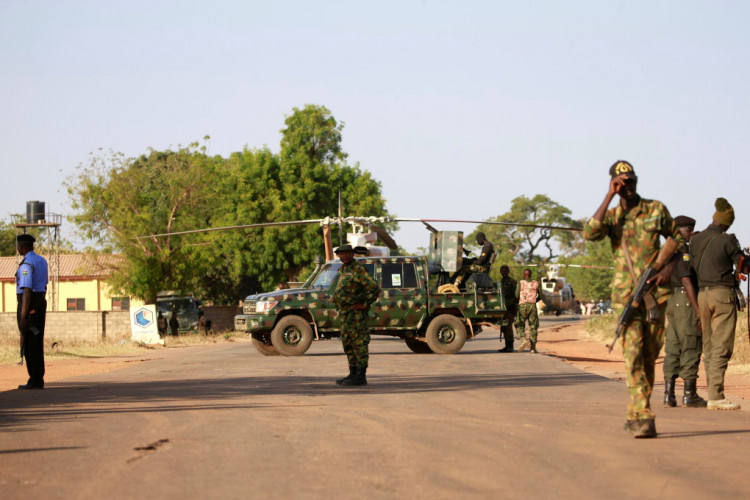On Tuesday, United Nations Secretary-General Antonio Guterres stated that expanding facilities to reintegrate surrendered Islamist rebels in northeastern Nigeria was a critical step toward attaining peace in Africa's most populous country.
Guterres also urged for additional global financing to help rebuild lives in northeast Nigeria, where the insurgency is based, while speaking to media in Maiduguri, the capital of Borno state, where the insurgency is centered.
For more than a decade, Nigeria has been fighting the Islamist group Boko Haram and its offshoot Islamic State West Africa Province (ISWAP) in a struggle that has murdered thousands and displaced millions.
Nigeria's homegrown Islamic extremist rebels, Boko Haram, began an uprising in 2009 to combat western education and establish Islamic Shariah law in the country.
Over time, their resistance extended to neighboring West African countries including Cameroon, Niger, and Chad.
Boko Haram earned international attention after they kidnapped 276 schoolgirls in Chibok village in 2014, with more than 100 still missing.
The government is reintegrating fighters who have voluntarily surrendered as part of its efforts to end the conflict.
Since last year, at least 40,000 Boko Haram fighters and their families have surrendered to police, according to Borno state Governor Babagana Zulum, as the group recovers from the murder of its leader in early 2021 and rival ISWAP moves to absorb them.
Guterres said the integration initiative would assist in achieving peace after visiting a camp housing some surrendered fighters and another housing internally displaced persons in Maiduguri, the capital of Borno state.
Guterres also said that the governor has told him that they need to build new facilities to be able to have good reintegration of these ex-terrorists, ex-combatants.
The United Nations stated, "The best we can do for peace is to rehabilitate persons who were terrorists out of despair and now wish to contribute to the well-being of their brothers and sisters."
The reintegration of the jihadists is causing problems, particularly in Maiduguri, where tired residents have been the target of Boko Haram's violent attacks for more than a decade.
Guterres called for ongoing humanitarian aid in Borno, but stressed that those in camps ultimately wanted to return home "in safety and dignity."
Although humanitarian agencies warn it is still unsafe for people to return to their homes, the Borno state government began shutting some camps for internally displaced persons in December, citing improved security and the surrender of Boko Haram fighters.




